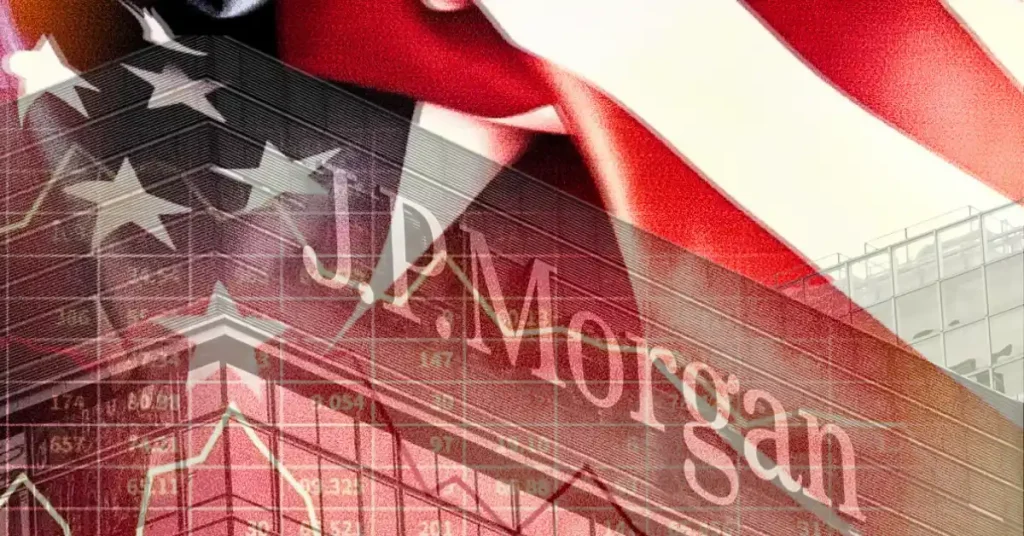JPMorgan Charges Into Stablecoin Arena as Crypto Rules Finally Take Shape
Wall Street''s sleeping giant just woke up—and it''s packing blockchain heat.
The Gold Standard Goes Digital
JPMorgan''s making its move as regulators stop playing whack-a-mole with crypto. After years of watching from the sidelines, the trillion-dollar bank''s deploying its nuclear-grade compliance team to conquer stablecoins. Because nothing says ''trust'' like a financial institution that paid $920 million in 2020 to settle spoofing charges.
Regulatory Green Light = Institutional Stampede
Clear rules? For crypto? Must be election season. With the SEC finally putting down the enforcement hammer long enough to draft actual guidelines, traditional finance is rushing in like tourists at a Bitcoin ATM. JPM''s just first to the buffet—watch every ''too big to fail'' bank follow suit within 18 months.
The irony? Banks spent a decade dismissing crypto as ''Ponzi schemes.'' Now they''re racing to issue the shiniest, most compliant digital IOUs this side of the blockchain. Somewhere, Satoshi''s laughing his pseudonymous ass off.

JPMorgan Chase & Co. (NYSE: JPM), a top-tier bank with around $4 trillion in assets under management (AUM), has filed a trademark related to the digital currency with the United States Patent and Trademark Office (USPTO). The highly esteemed bank filed a patent for JPMD, thus triggering speculation of a stablecoin launch in the NEAR term.
The application noted that the JPMD once launched will be used to provide trading, exchange, transfer, and payment services for digital assets. JPMorgan has significantly changed its stance on digital assets and Bitcoin in the recent past after years of criticizing the nascent technology.
As Coinpedia reported, JPMorgan has already allowed its customers to invest in bitcoin through spot BTC ETFs.
JPMorgan Morphs With Time
The stablecoins market will experience a major boom in the coming years catalyzed by clear regulatory frameworks in major jurisdictions led by the United States. On Tuesday, the U.S. Senate will conduct its final vote on the GENIUS Act, which aims to regulate the stablecoins market in the United States.
As a result of the goodwill from the U.S., more institutional investors have proliferated into the stablecoins market. Already, other large banks, including Bank of America and Wells Fargo, have considered exploring launching stablecoins to facilitate seamless payments.
The notable growth of the stablecoins market will have a ripple effect on the cryptocurrency market, which heavily relies on fiat-backed stablecoins for liquidity. With the global money supply on the rise, amid the escalating geopolitical tensions in the Middle East, the stablecoins market will grow in tandem thus increasing confidence in the wider altcoin market.

